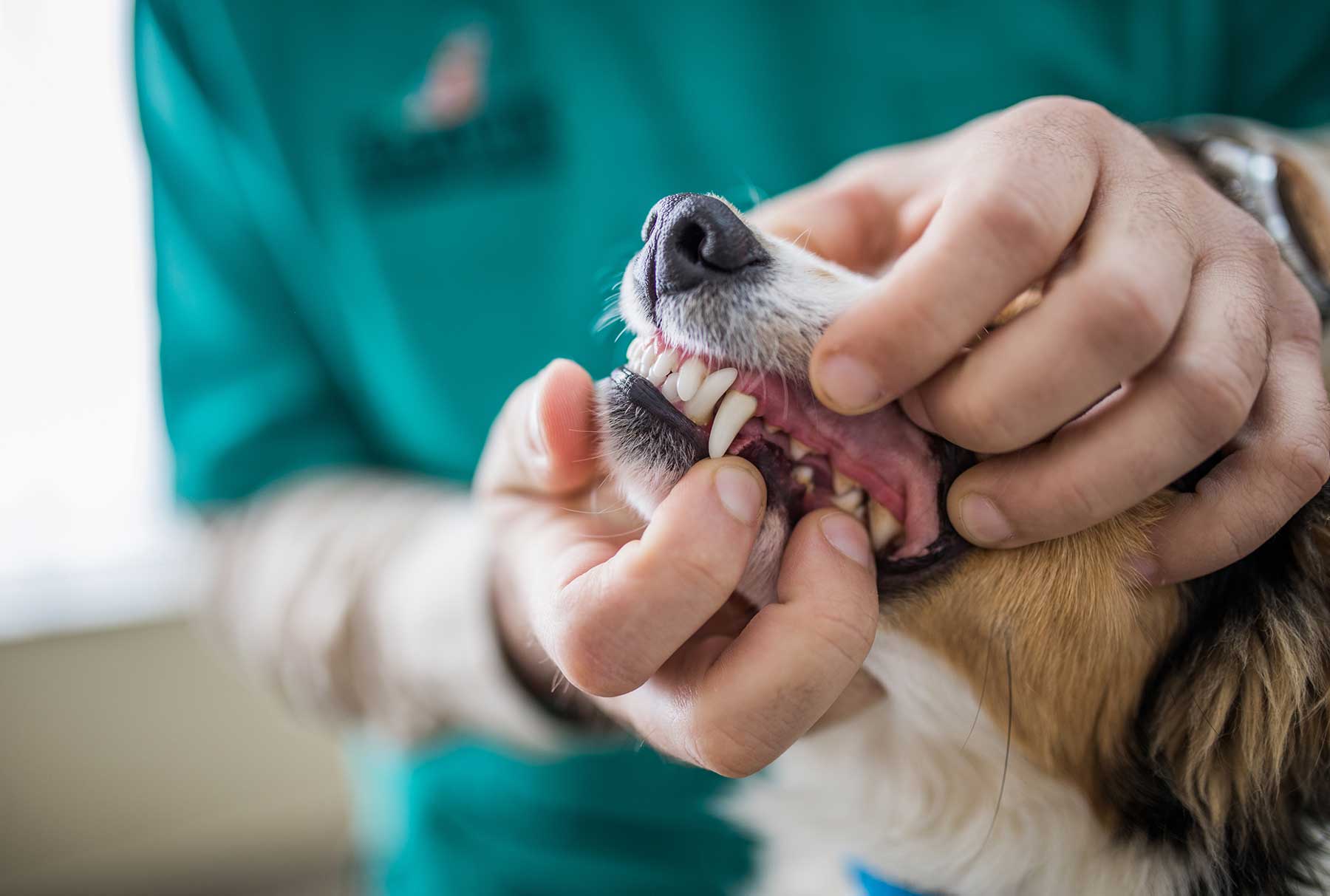When you think about your pet’s health, dental care might not be the first thing on your mind. But dental care for pets is absolutely essential for their overall well being. Just like humans, pets can suffer from tooth decay, gum disease, and infections that affect their quality of life. Ignoring oral health can lead to painful problems and even impact vital organs such as the heart, kidneys, and liver.
Understanding why pet dental problems matter is the first step in protecting your furry friend from unnecessary pain and expensive vet visits.
Common Dental Problems Pets Face and Their Impact
Pets commonly develop plaque and tartar, which, if left untreated, cause gum inflammation (gingivitis), bad breath, and eventually periodontal disease. This disease is painful and can result in loose or lost teeth. Worse, harmful bacteria can enter the bloodstream, causing infections that affect the heart and other organs.
Knowing the signs of pet dental problems can help you catch issues early:
- Bad breath that won’t go away
- Difficulty chewing or loss of appetite
- Excessive drooling or pawing at the mouth
- Red, swollen, or bleeding gums
Spotting these signs early means faster treatment and a better outcome for your pet.
How to Practice Effective Dental Care for Pets at Home
Daily care is the foundation of good oral health. Brushing your pet’s teeth regularly is the most reliable way to remove plaque before it hardens into tartar. Use a toothbrush and toothpaste designed specifically for pets—human toothpaste can harm them. Start slow to build comfort and trust.
Along with brushing, incorporating dental chews for pets and specially designed toys can help reduce plaque naturally. These chews work by mechanically scraping the teeth during chewing and often contain ingredients that fight bacteria.
Healthy diet choices also contribute to better dental health. Dry kibble can help scrape teeth cleaner than wet food. Some pet foods are formulated specifically to reduce plaque and tartar buildup.
Why Professional Veterinary Dental Cleaning Is a Must
No matter how diligent you are at home, some tartar build-up is inevitable. That’s why regular veterinary dental cleaning is crucial. A vet can perform a thorough cleaning under anesthesia, removing tartar from below the gum line where toothbrushes can’t reach.
During these visits, your vet will also check for oral tumors, fractured teeth, or other serious issues. Scheduling annual or bi-annual dental cleanings depending on your pet’s risk factors keeps their mouth healthy and prevents bigger problems.
How Proper Dental Care Improves Your Pet’s Life
Good dental health affects far more than just your pet’s mouth. Pets with healthy teeth eat comfortably and maintain good nutrition. They feel better overall, show less pain, and tend to be more energetic and playful. Dental care reduces the risk of infections that can affect vital organs, prolonging your pet’s life and improving their well being.
When you invest time and care into dental care for pets, you’re investing in their happiness and longevity.
Tips to Make Dental Care Easy and Stress-Free
Pets can resist dental care, but patience and consistency win. Introduce brushing gradually, praise your pet, and use treats as rewards. Try different toothbrushes or finger brushes until you find what your pet tolerates best.
Regular dental check-ups with your vet provide professional advice tailored to your pet’s breed, age, and health status. Combining home care with professional cleanings gives your pet the best chance for a healthy mouth. For more reliable pet health information and tips, check out USA Time Magazine.
FAQs People Also Ask
How often should I brush my pet’s teeth?
Daily brushing is best, but several times a week can still make a difference.
What are the warning signs of dental problems in pets?
Watch for bad breath, drooling, difficulty eating, or swollen gums.
Are dental chews effective in maintaining pet dental health?
Yes, dental chews help reduce plaque and support brushing efforts.
How frequently do pets need professional dental cleaning?
Usually once a year, but your vet will recommend based on your pet’s needs.
